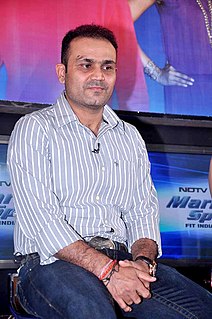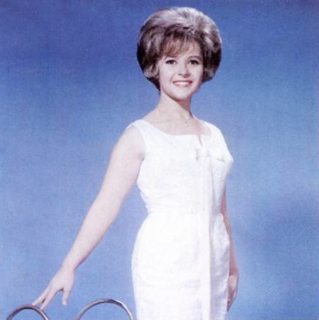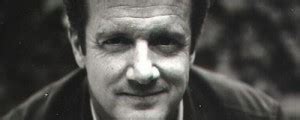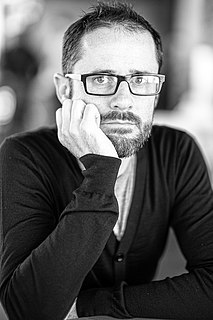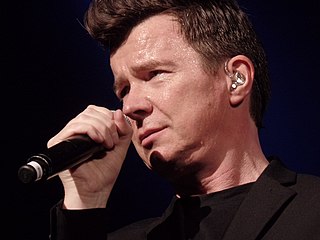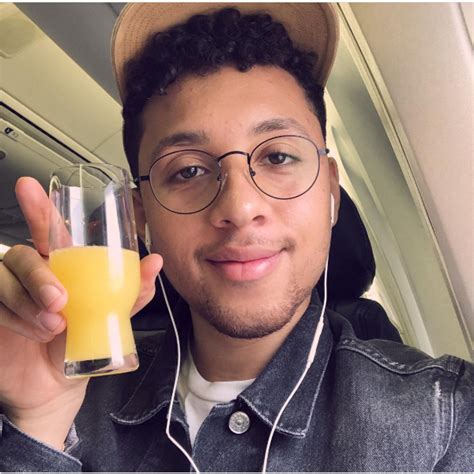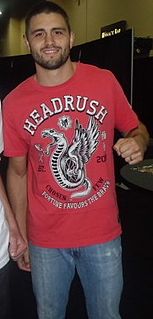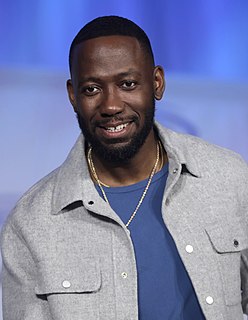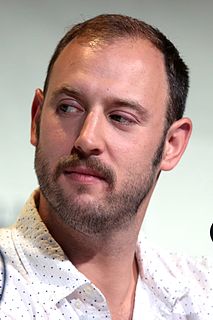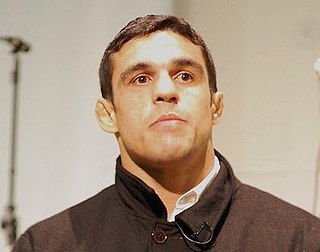A Quote by Virender Sehwag
Once I took to Twitter and shared those jokes, they became a huge hit. My following grew, and some of the posts got thousands of retweets. With so many shares, money from sponsors followed.
Related Quotes
People are fans of Dunkin' Donuts. They have a relationship with the company, they go there every day. Dunkin' Donuts is using Twitter to communicate with those people. There are people who are finding value in that. There's thousands of people, I don't know how many thousands now, following Dunkin' Donuts.
I felt like if I said something positive on Twitter, it got no play. But if I said something negative on Twitter, it was a billion retweets and so that was giving me a Pavlovian response to be mean, and I don't want to be mean. We all have mean thoughts. They should not be broadcast on Twitter. You don't need to see mean things.
I was on Facebook. I was on MySpace. And somebody said to me, You should check out this thing called Twitter. I knew five people that were on it, so I started following those people and seeing what they were doing, and then I applied my own sensibility to it. The more that I shared, the more people started following me.
I just got on Twitter because there was some MTV film blog that quoted me on something really innocuous that I supposedly said on Twitter before I was even on Twitter. So then I had to get on Twitter to say: 'This is me. I'm on Twitter. If there's somebody else saying that they're me on Twitter, they're not.'
How many leaps did Nijinksy take before he made the one that startled the world? He took thousands and thousands and it is that legend that gives us the courage, the energy, and arrogance to go back into the studio knowing that while there is so little time to be born to the instant, you will work again among the many that you may once more be born as one. That is a dancer's world.
